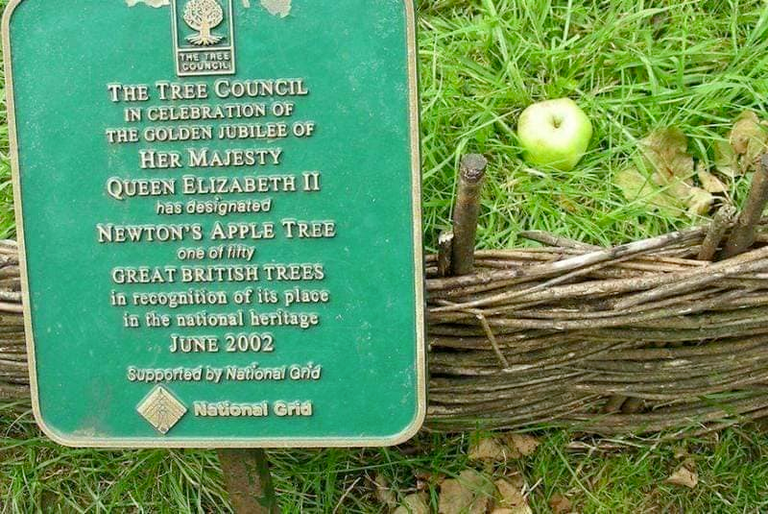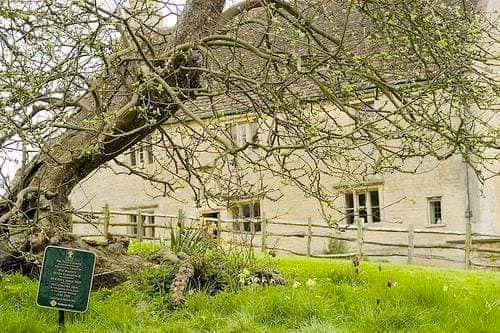Isaac Newton's apple tree
Sisira Nishantha Manage writes
In the orchard of Woolsthorpe House in Lincolnshire, England, there is a tree that holds a special place in history. As Isaac Newton himself said, it is the apple tree in relation to his law of gravitation.

For at least 240 years, it has been known as the "Gravity Tree", introducing itself to travelers as Isaac Newton's apple tree. "Why do apples always fall vertically?" Newton was led to ask himself the question by seeing an apple falling from this tree.
Much later, Newton told his biographers, William Stukeley and John Conduitt, about this incident.
Tourists have been visiting this apple tree since Newton's lifetime. When the tree fell due to a storm in 1821, everyone thought that was the end of Newton's apple tree. Some painted the fallen tree while others took parts of the tree as souvenirs. But as confirmed by contemporary notes and paintings, the trunk of the apple tree did not die and grew very well and became the tree we see today. Its age has been confirmed by dendrochronology.
Nowadays, the tree is regularly pruned to keep it healthy, continue to grow and flower. The Newton's apple tree, of the "Maid of Kent" apple variety, bears green (in some places a little red) fruit.

#blurt #blurtstory #geekpranee #isaac #apple #newton #ships #gravity
Congratulations, your post has been curated by @r2cornell-curate. Also, find us on Discord
Felicitaciones, su publication ha sido votado por @r2cornell-curate. También, encuéntranos en Discord
What a curious story, I had thought that Newton's gravity tree no longer existed.